11 Books You Should Read to Understand OTD, Religion, and Why Jews Leave Faith
From OTD memoirs to academic studies and explorations, we got you covered
I grew up in a pretty standard Orthodox community, where most people were exactly like other people. Of course, there was diversity in types of kippot and skirt lengths, but there was sort of an assumption that people were largely similar to one another—in thought, belief, and ideology.
That’s why when we would speak about someone who went off the derech, it was in whispers. No one likes to talk about the fact that people leave communities; that for some, the insularity of our community is not safe but stifling, and for others, the intellectual and philosophical qualms are so overwhelming that they can no longer engage.
This month on 18Forty, we are exploring the concepts of “off the derech” (OTD) and leaving religion. What conflicts do religious Jews encounter when searching for more? When is religion dangerous, and when does it promote healthy growth? How can we live meaningful religious lives in a modern age? And even after all of these questions are addressed, why do people leave?
The following booklist contains recommendations that explore some of these issues. If your curiosity is piqued and you pick up one of these, I’d love to hear about it. Keep thinking, and always keep reading!
On the term “off the derech”:
Off the Derech: How to Respond to the Challenge by Faranak Margolese
One of the first written works on this phenomenon in 2005, this book presents the many communal perceptions of what it means to go “off the derech.”
On navigating conflicting identities:
My Name is Asher Lev by Chaim Potok
A heartbreaking and stirring novel about a boy who finds himself torn between his extraordinary artistic talents and the deeply religious world he inhabits.
On self-actualization:
Educated by Tara Westover
A powerful memoir detailing one woman’s journey from a survivalist family to a PhD at Cambridge, Educated is an account of family loyalty, grief, and self-invention.
On the academic perspective of “off the derech”:
Off the Derech: Leaving Orthodox Judaism, ed. Ezra Cappell and Jessica Lang
An interdisciplinary exploration of the phenomenon of “off the derech,” this work blends personal stories with scholarly analysis.
On authenticity and self-acceptance:
The Gifts of Imperfection by Brené Brown
A thoroughly-researched guide for embracing vulnerability and imperfection, Brown helps readers cultivate courage, compassion, and a sense of worthiness.
On religious meaning in a digital age:
Hidden Heretics: Jewish Doubt in the Digital Age by Ayala Fader
A fascinating deep dive into Hasidic men and women living double lives—people who use the Internet to covertly explore the outside world, while simultaneously remaining in their communities.
On losing one’s community:
All Who Go Do Not Return by Shulem Deen
A poignant memoir that chronicles one man’s painful departure from his community, Deen explores the impacts of faith and isolation on his journey into the secular world.
On the history of religion:
The Faith Instinct by Nicholas Wade
A fascinating analysis on the evolutionary origins of religion, arguing that capacity for faith became hardwired into human nature for the sake of survival.
On hard theological problems:
Forgive Us, Father-in-Law, For We Knew Not What To Think by Shalom Carmy
One of the most profound writers of our generation, Rabbi Carmy writes to a philosophical dropout from Orthodoxy, masterfully addressing those who are dissatisfied with Judaism from a philosophical standpoint.
On the limitations of religious conviction:
The Poisonwood Bible by Barbara Kingsolver
A tale of a fervent Baptist preacher’s disastrous mission to the Belgian Congo, exploring personal transformation, moral reckoning, and the impacts of religious conviction—its capacity for both profound harm and deeply personal searching.
On being neither here nor there:
Degrees of Separation: Identity Formation While Leaving Ultra-Orthodox Judaism by Schneur Zalman Newfield
A series of interviews that portray the unique “in between”-ness that accompanies Jews who leave their religious communities—they are independent, but they are not completely disconnected.
What did you read over Shabbos?
A shared selection of Shabbos reads
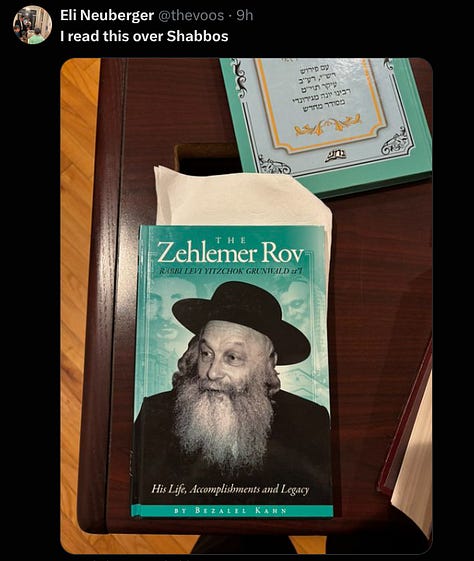
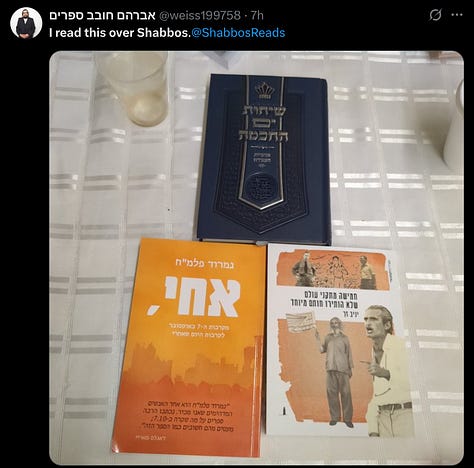
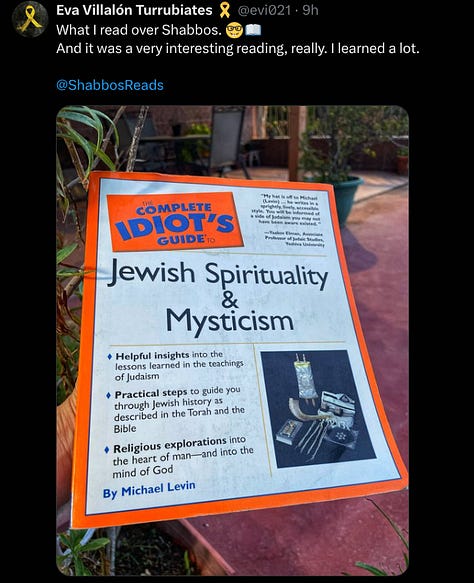
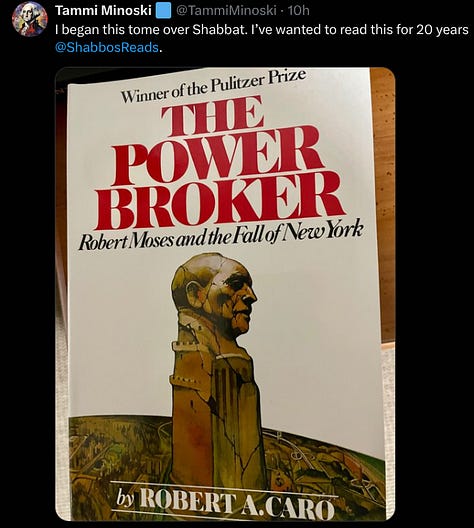

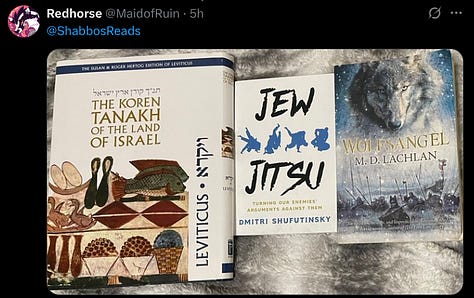


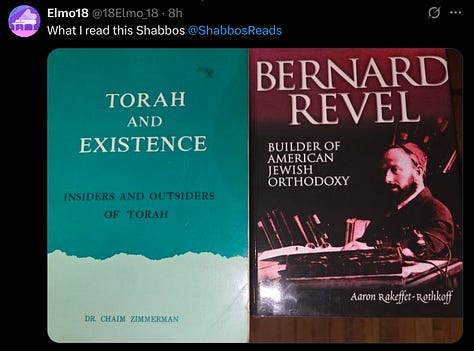






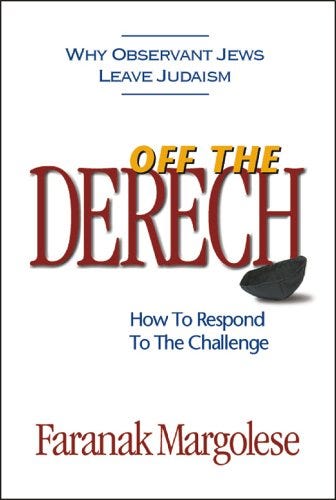
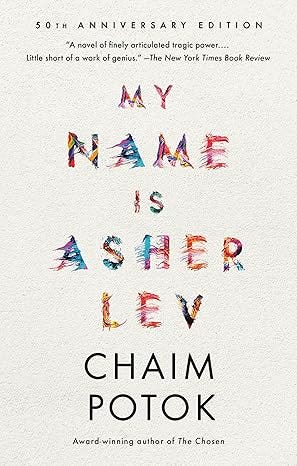
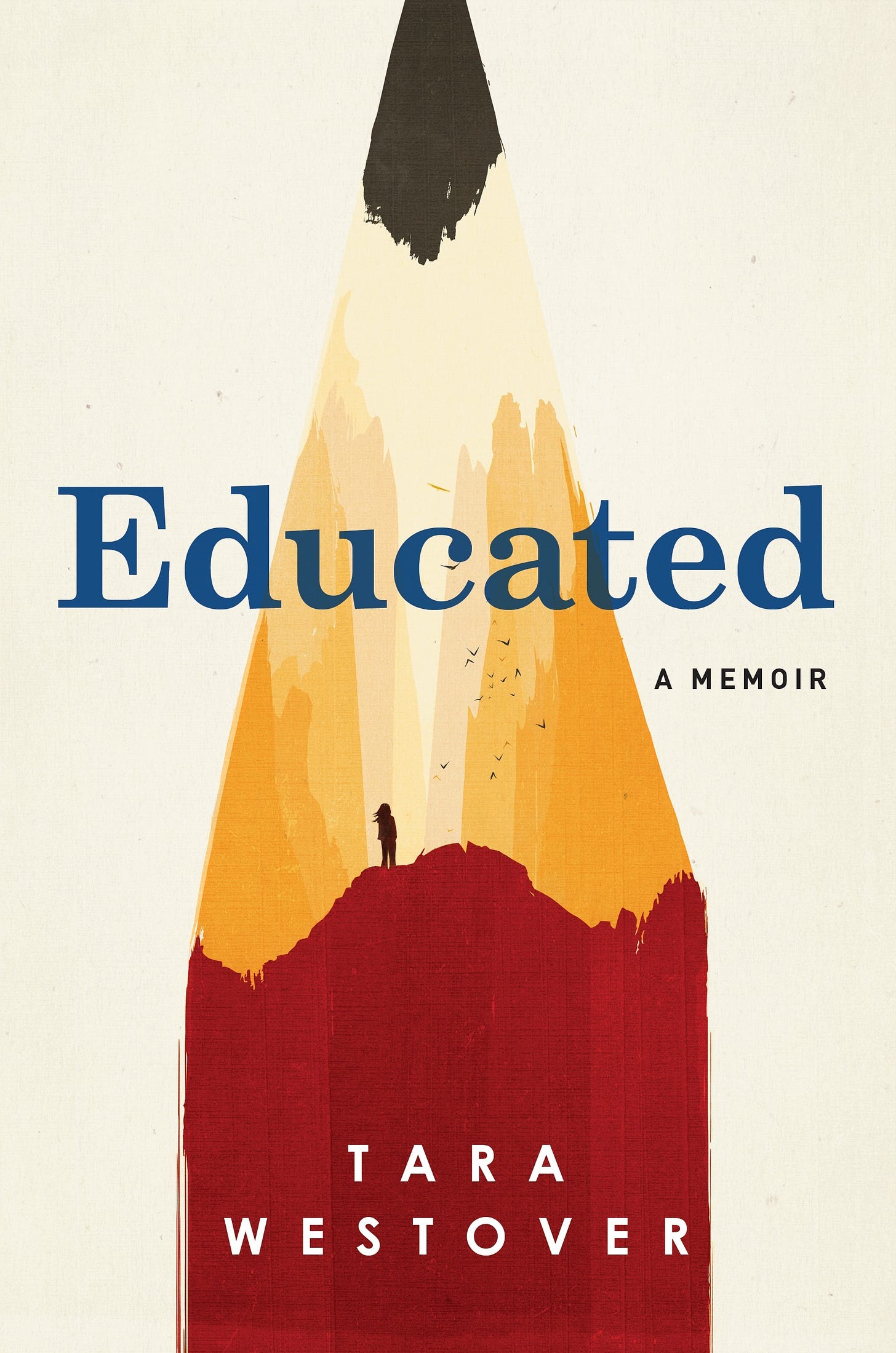
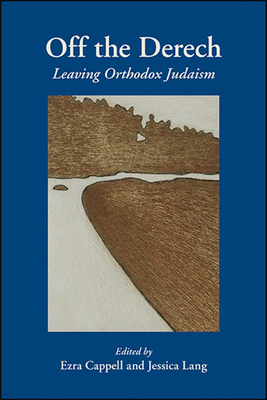
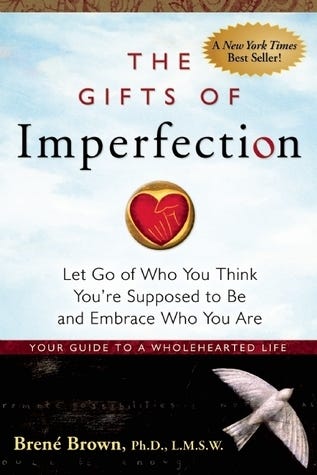
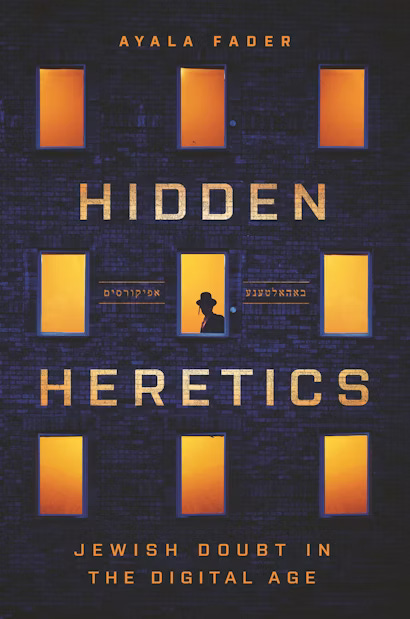
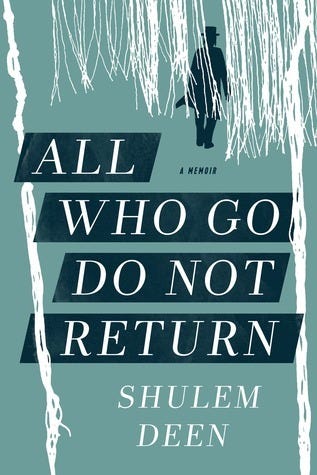
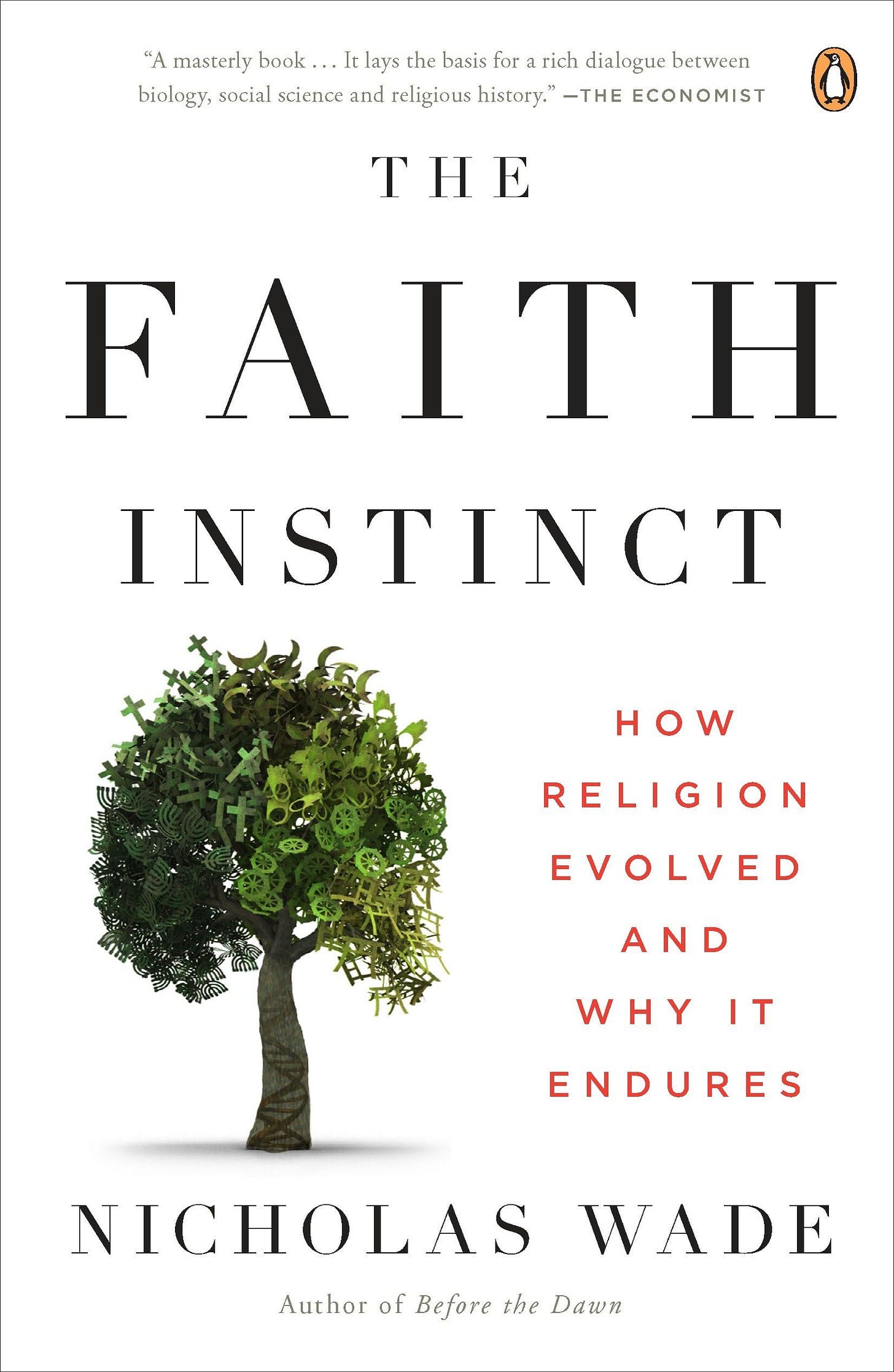
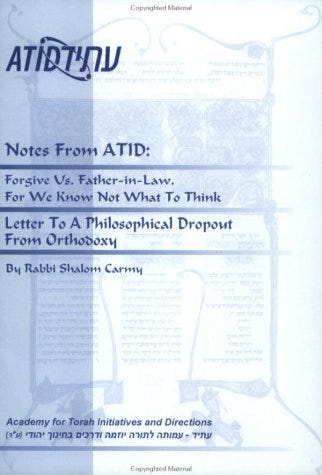
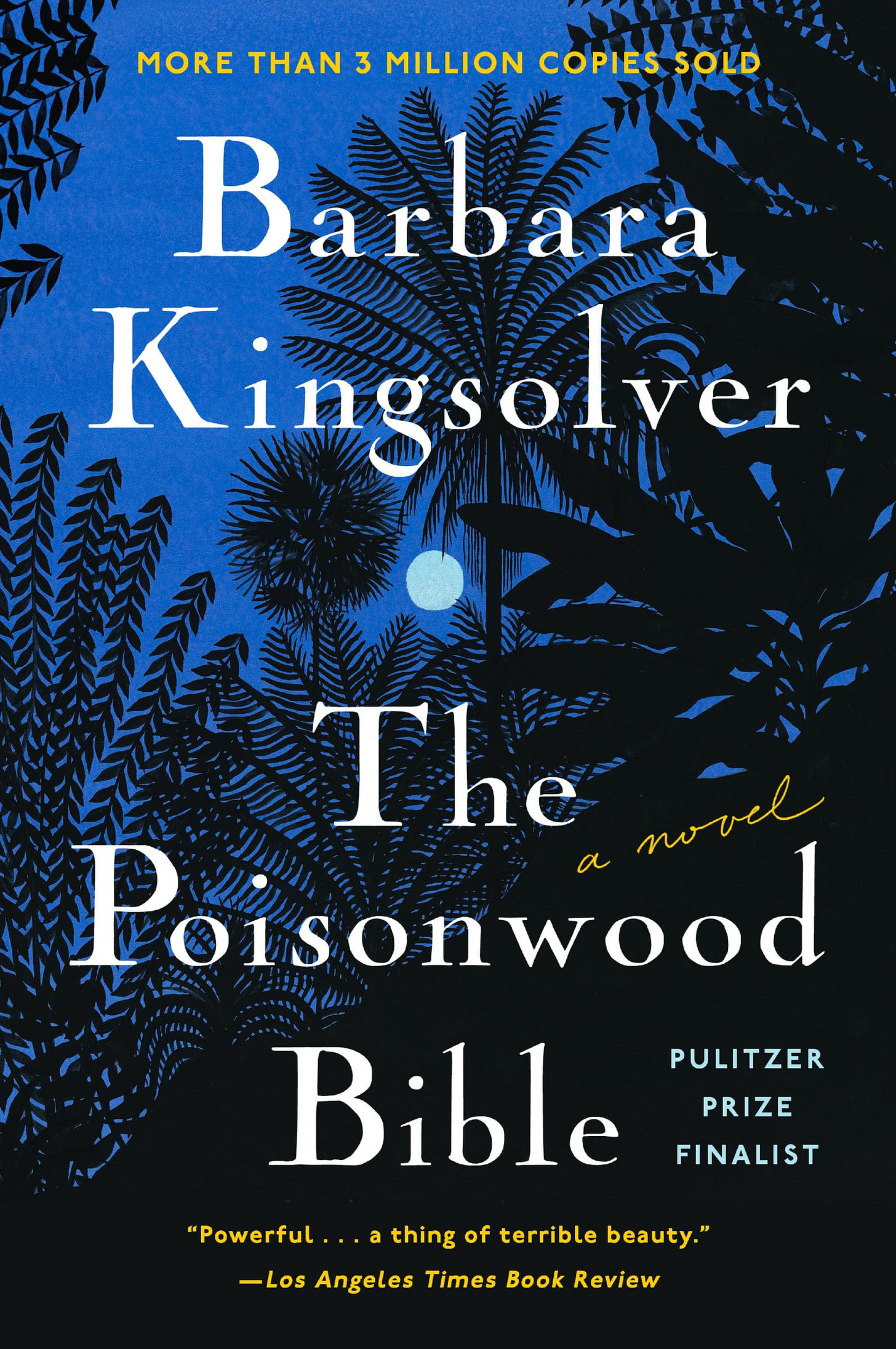
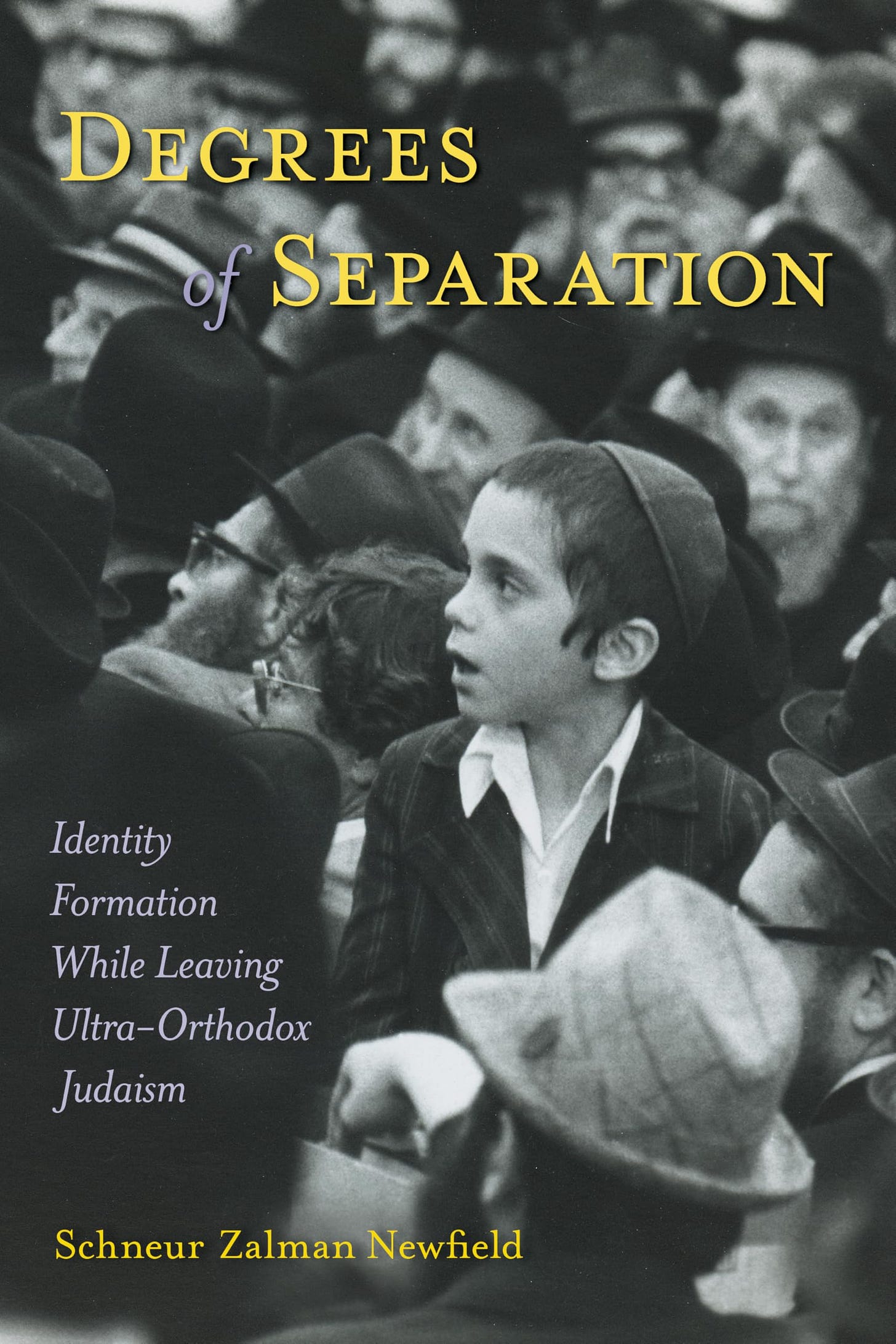
Batya Ruddel's book, "On Their Derech" is also a compassionate and thorough examination of why various Jews leave their religion, as well as offering views of how in some cases they may return. Very worthwhile.
Thank you